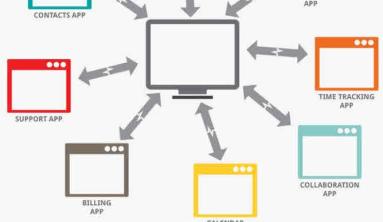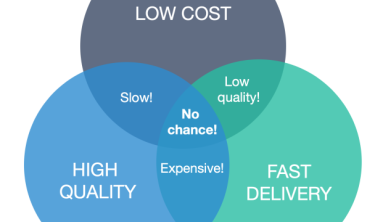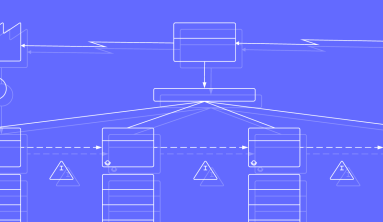Software Business basically means selling softwares for the business or sometimes it is referred as selling information about various softwares made for business purposes that are so called as business softwares.
What is software business?
If properly defined in terms of science and technology, then the software business is one of the commercial activity of the software industries which basically aimed at producing, buying, creating and selling various software products and often software services also. This business of selling softwares generally differs from various other businesses.
Types of software businesses:
The software businesses can be variedly classified on the basis of different needs, etc. But the simplest and basic classification was given by Cusumann and Nambisan who generally divided the software companies (from the side of supplier) into the services and the products depending on their method of conducting businesses.
- Software product business –
In this type of business, the software companies usually involved in producing and selling softwares as per the requirements or the needs of the clients/customers. In this type of software business, software companies are being licensed for installation and execution on a user- or- customer demanded infrastructure. Basically in this type of business, the revenues or the income of the typically generated by producing and selling softwares as per the requirements of the customers. - Software service business –
In this type of software business, the software companies usually involved in offering services or any consultation regarding the softwares or software development as been asked by the client/customers. The main strategy of these companies is to provide services to the software holders rather than producing softwares for them. In this type of software business, the software companies usually generate revenues mainly by providing services to the software holders or companies from time to time.
Software development is the process of developing different softwares according to the requirements of clients/customers by conceiving, designing, specifying, programming, documenting it, testing it, and bug fixing, which are generally involved in the creation and maintenance of the applications, frameworks or any other software components. It is the process which involves documentation and maintenance of source code, but in the broader sense, it basically includes everything that is being involved between the conception of the desired software throughout the final manifestation of the software, sometimes in a structural and planned way. Thus, development of software might includes research, re-use, modification, prototyping, re-engineering, new-development, maintenance and any other such activities which results in software product development.
Basically softwares are developed for a variety of different reasons, but however the three most common ones are:
- Softwares that are developed to meet the specific requirements or needs of a specific client/ customer/ business (Custom Software).
- Softwares that are developed to meet the perceived needs and requirements of some set of potential users (Commercial or Open Source Softwares).
- Softwares that are developed for any personal use.
-
The need for the better quality control of the processes of software development, has given rise to the disciplines of the software engineering, whose only aim is to apply the systematic approach exemplified in the engineering paradigm to the software development process.
Methodology of software development:
Software development process is the framework which is used to structure, plan and control the development of software information. During the course of software development, the following steps are common in most of the methodologies of software development:
- Analysing of the problem.
- Complete market research.
- Understanding and gathering requirements for the proposed software solution.
- Devising of the plan or design for software-based solution.
- Implementation or the coding of the software.
- Trials and various testimonials of the software.
- Deployment.
- Maintenance and bug fixation.






